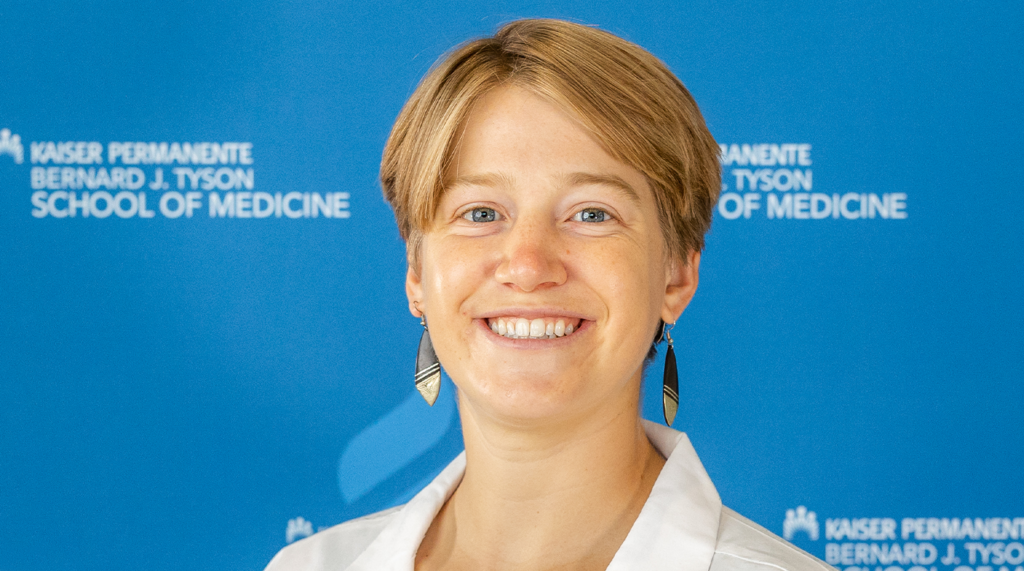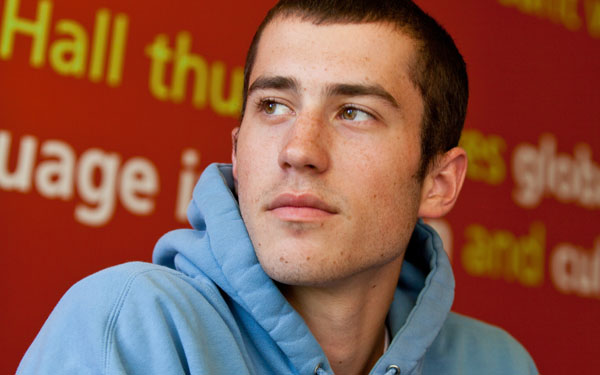Page 50 • (549 results in 0.038 seconds)
-
cultures of study include the Olmecs, Teotihuacanos, and the Toltecs. Emphasis is placed on how these Mesoamerican societies were structured and how they changed over time. (4) ANTH 343 : East Asian Cultures - ES, GE A survey of the cultures and peoples of Eastern Asia, concentrating on China but with comparative reference to Japan, Korea, and Vietnam. Cultural similarities as well as differences between these nations are stressed. Topics include religion, art, politics, history, kinship, and economics
-
and STAT courses, engaging in ASA DataFest competitions, and conducting student research to launching careers in data sciences like our successful alumni, and supporting various related programs, including a Master of Science in Marketing Analytics (BUSA) and disciplines like sociology, psychology, economics, biology, and beyond!Faculty and StaffJeff Caley (Director for 2024-2025) N. Justice (Co-Director for 2024) Renzhi Cao Phil Fawcett Laurie Murphy Nick Paterno Ksenija Simic-Muller Christine
-
Catholic cleric Simon Gallay, the family, then numbering parents and six children, fled to Switzerland, where they stayed until the war’s end — then returned to Belgium. In 1950, the family moved to the USA, and settled in Brooklyn. In 1962, Mordecai Paldiel made Aliyah and studied at the Hebrew University, Jerusalem, where he earned a BA degree in Economics and Political Science. He then furthered his studies at Temple University, Philadelphia, where he earned an MA and PhD in Holocaust Studies, under
-

equity began while she was a student at PLU. As a global studies major and biology minor, Chell says she thrived in the interdisciplinary global studies program. Her favorite courses included anthropology, economics, sociology and global development. “Margaret thought carefully about what she wanted to do with her interest in medicine,” said Ami Shah, associate professor of global studies. “Biology supported her trajectory toward medical school; contextualizing that interest in her global studies
-

explore how deep currents of religious themes shape great literature, she returned to college to earn a Ph.D. in history and historical theology. Originally from the Pacific Northwest, Llewellyn Ihssen began teaching at PLU in 2005 as an adjunct professor. Many of her courses focus on the intersection of medicine, economics, social ethics, and religion — a favorite course was “Health and Healing in Christian History.” Religious philosophies and theologies “shape people’s ideas of the body, and care
-
determine what we should do in the face of environmental issues and dilemmas such as whether and why animals have rights, what kind of value nature possesses, the proper focus of an environmental ethic, and what ecology has to do with economics and justice. (4) PHIL 227 : Philosophy and Race - VW An examination of philosophical assumptions behind concepts of race. Beginning with the question "what is race?" the course addresses the notion of racial identities, metaphysical issues surrounding racial
-
Director. Erin Dana is hired for the 04-05 year as The Diversity Center Programs Coordinator and Lisa Doyle replaces Dana for the 05-06 year. 2006 Angie Hambrick is hired as the University’s second Associate Director of Multicultural Affairs. Since her hiring, the dCenter has seen a rise in activity, including a steady rise of Rieke Scholarship awards and continued programming. She expanded the scope of dCenter programming and services to include sexuality, socio-economics, issues of first
-
, technological, and entrepreneurial factors; consider issues such as feasibility and market timing; and then develop and present an “idea proposal” during the semester that will have written and visual components. A final presentation is required. Offered each Spring term. Prerequisite: Junior standing or permission of instructor. Recommended preparation: Introduction to Innovation Studies (HIST 121, HIST/PHIL 248, or HIST 346), and two of the following Principles: Business Principles (BUSA 201), Economics
-
on moral questions in health care economics, numerous articles on health system structure and health care reform, and a recently co-edited volume (2012) on the tension between treatment and prevention in health policy. Courses in the last decade of his teaching include Biomedical Ethics, Human Identity and Bioethics, Health and Social Justice, Business Ethics, Human Rights, and The Nature of Human Well-Being. He also served Pacific Lutheran University in various administrative positions
-

globally is the key. IHON students don’t simply study issues from afar – they study them from a variety of perspectives and in a variety of disciplines like the arts, economics, philosophy, politics and religion. They are not simply reading about the great thinkers and the great ideas that have made the world what it is – they are systematically dissecting and testing these ideas and looking at them from every perspective. It means a lot of reading. It means a lot of discussion. It means a lot of work
Do you have any feedback for us? If so, feel free to use our Feedback Form.


